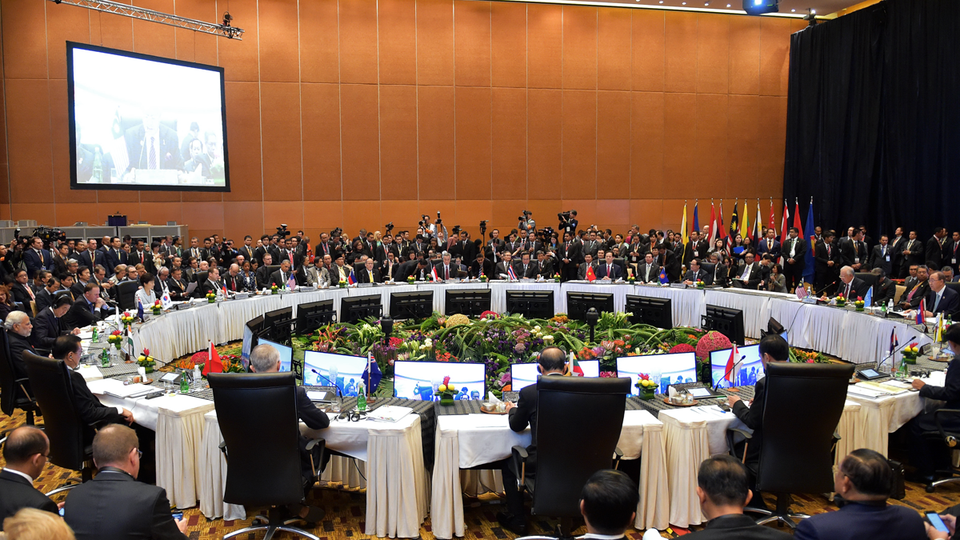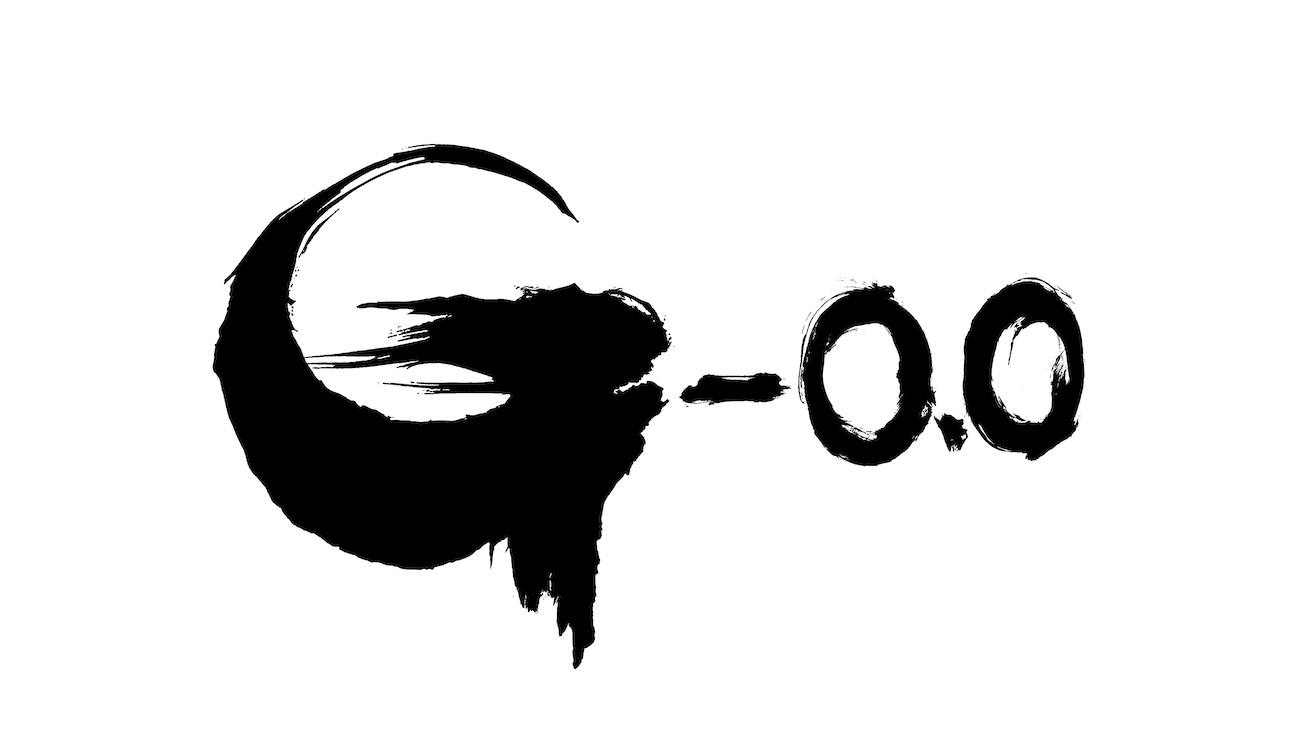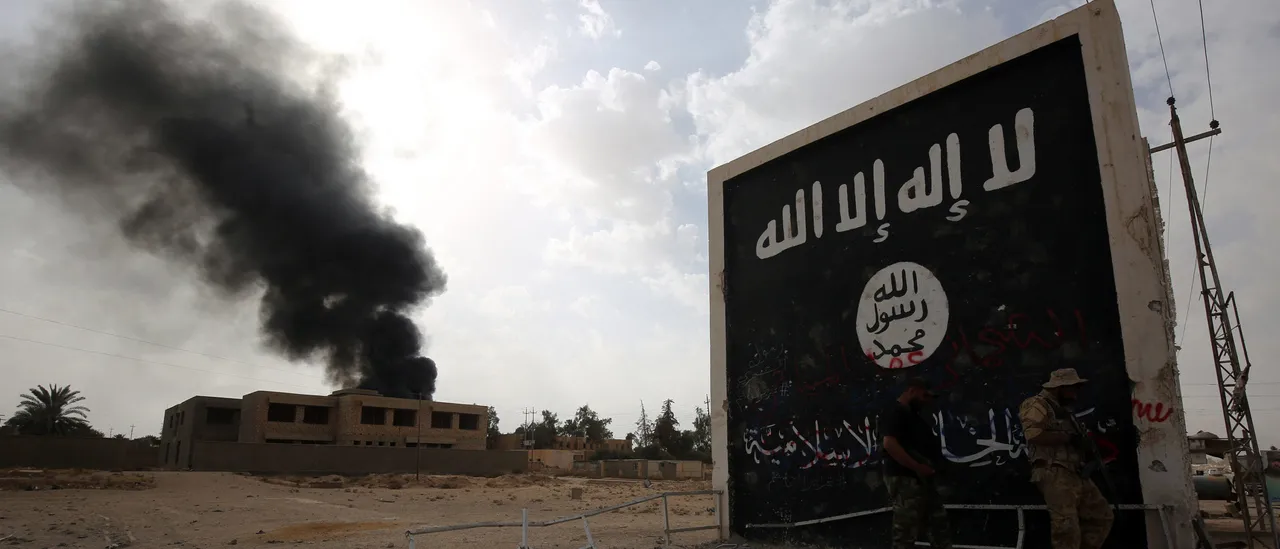Human Rights Watch (HRW) has called on leaders attending the upcoming ASEAN and East Asia Summits in Kuala Lumpur to firmly oppose Myanmar’s military junta and its proposed national elections scheduled for December. The organization described the electoral process as a “sham” that would further entrench repression and violence in the country. In an open letter addressed to the governments participating in these summits, HRW urged member states to deny recognition of the junta’s elections and to escalate diplomatic isolation of Myanmar’s military rulers.
Since taking control in a coup in February 2021, Myanmar’s military, led by Senior General Min Aung Hlaing, has conducted a violent campaign against pro-democracy activists and ethnic resistance groups. According to HRW, the conflict has resulted in the displacement of over 3.5 million people, with millions more facing severe food insecurity. The organization has documented extensive airstrikes, artillery shelling, and deliberate attacks on civilians and their infrastructure.
Call for Humanitarian Assistance
HRW highlighted the severe humanitarian crisis in Myanmar, which is deemed one of the worst displacement situations in Asia since the Second World War. The letter emphasized that the international community must increase humanitarian and refugee assistance. In Thailand alone, over four million Myanmar nationals reside, nearly half of whom are undocumented. Additionally, 180,000 Rohingya refugees in Malaysia are at risk of arrest and deportation, facing a precarious situation.
Legal scholars have raised concerns over the junta’s actions, particularly a recently enacted election law that criminalizes protests or criticism of the elections, with penalties that can include the death sentence. In September, a man was sentenced to seven years of hard labor for expressing online dissent regarding the upcoming elections. HRW argues that these developments violate international humanitarian law and the principles set forth by the International Criminal Court (ICC), which could potentially prosecute such acts as war crimes.
ASEAN’s Role and Responsibilities
HRW urged ASEAN leaders to “categorically reject” any claim that these elections could be legitimate. The organization referenced statements from the UN High Commissioner for Human Rights and UN Special Envoy Julie Bishop, both cautioning that elections conducted under the prevailing conditions could exacerbate violence and further destabilize Myanmar. Recently, former ASEAN foreign ministers echoed HRW’s position, calling for a “complete strategic reset” regarding Myanmar.
ASEAN’s charter obligates member states “to strengthen democracy, enhance good governance and the rule of law, and to promote and protect human rights and fundamental freedoms.” Experts contend that engaging with the junta without consequences could undermine these commitments and damage ASEAN’s credibility as a regional institution. The organization must navigate its traditional principle of non-interference while addressing human rights violations that represent a direct threat to peace and stability.
HRW also urged ASEAN governments to increase aid contributions, restore UN funding, and commit to protecting refugees from forced returns. The principle of non-refoulement, enshrined in Article 33(1) of the 1951 Refugee Convention and recognized as customary international law, prohibits states from returning individuals to places where they face persecution or serious harm. HRW has called on ASEAN members to affirm this principle and halt maritime pushbacks of Rohingya asylum seekers intercepted at sea.
In a positive development, HRW commended Thailand for introducing new regulations that allow registered Myanmar refugees the right to work, a policy it encouraged Malaysia and other nations to adopt to alleviate economic vulnerability and reduce the risk of exploitation. The situation in Myanmar remains dire, and the response from regional leaders will be crucial in determining the future of its people.







